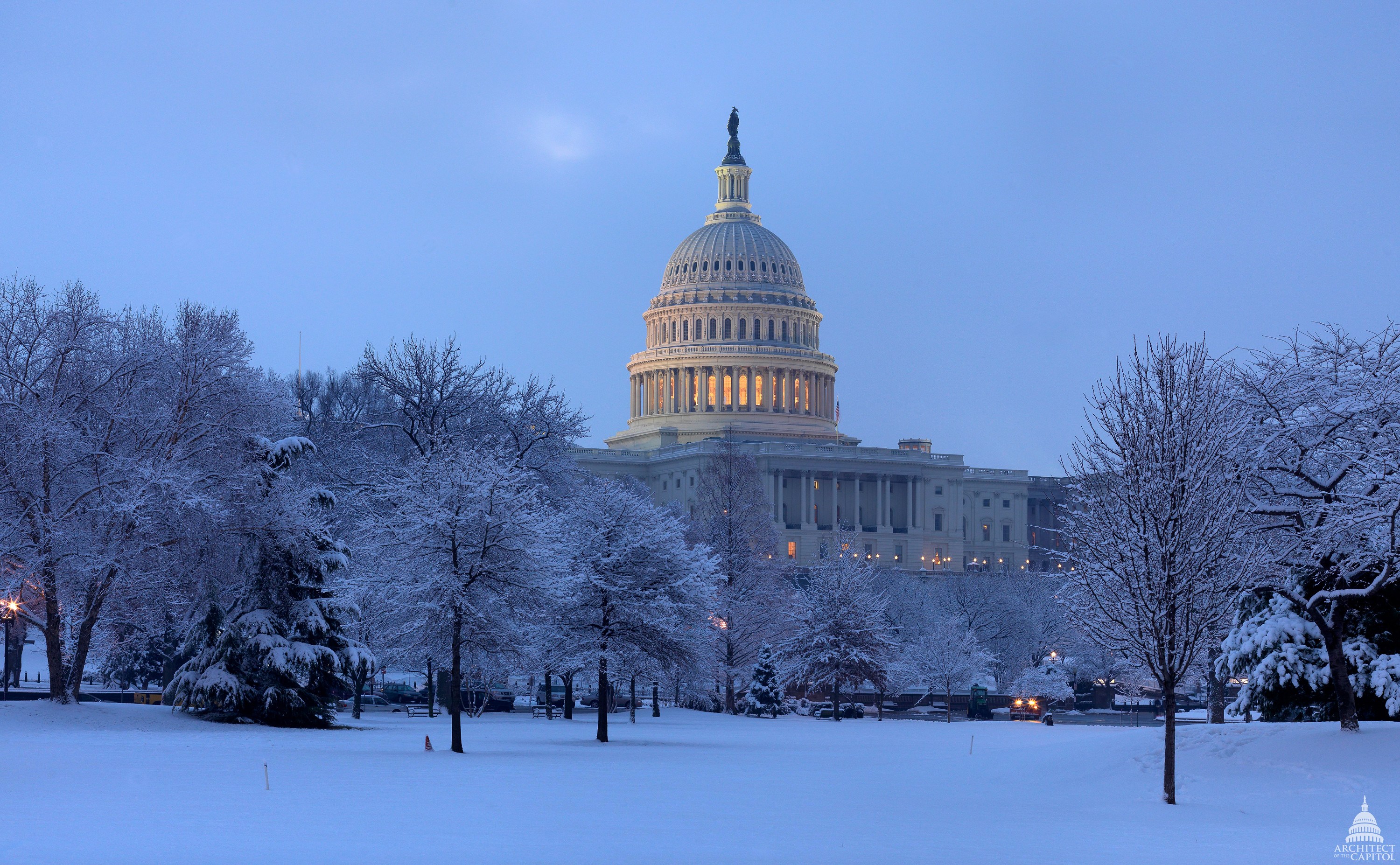The Global War on ISIL and Its Associated Forces
For more than a decade we have had controversy and debate with respect to whether there is indeed an armed conflict between the United States and al Qaeda, whether any such conflict applies without geographic limitation, and whether any such conflict applies to related organizations under the rubric of "associated forces." Those questions have receded a bit over the past year, as the rise of ISIL has eclipsed al Qaeda on many levels.
Published by The Lawfare Institute
in Cooperation With

For more than a decade we have had controversy and debate with respect to whether there is indeed an armed conflict between the United States and al Qaeda, whether any such conflict applies without geographic limitation, and whether any such conflict applies to related organizations under the rubric of "associated forces." Those questions have receded a bit over the past year, as the rise of ISIL has eclipsed al Qaeda on many levels. But they remain central questions for all circumstances in which a state determines that it must resort to military force to deal with the threat posed by a non-state actor. Events in Libya yesterday underscore that this is true for America's conflict with ISIL.
At some point yesterday, a pair of U.S. F-15s conducted an airstrike in Libya, targeting and likely killing the head of ISIL's operations there (the attack was not a response to the Paris attacks, by the way, but rather appears to have been in the works for quite some time). This was the first U.S. use of force against ISIL in Libya, a Pentagon spokesman explained:
While not the first U.S. strike against terrorists in Libya, this is the first U.S. strike against an ISIL leader in Libya and it demonstrates we will go after ISIL leaders wherever they operate.
Given that the United States has long claimed that its armed conflict with al Qaeda is borderless (in the sense that the law of armed conflict governs those uses of force wherever they occur), and that its conflict with ISIL is an extension of that conflict with al Qaeda, this should not comes as a surprise. Nonetheless, it seems likely that some observers have not appreciated till now that the United States would take the same position vis-a-vis ISIL. That is now clear, and it should be equally clear that the same "associated forces" debates that are familiar from the al Qaeda context will be carried over lock-stock-and-barrel to the ISIL context. As to how that consideration explains yesterday's strike in Libya, Pentagon sources had this to say:
While militants in places like Afghanistan and Nigeria have affiliated themselves with or declared allegiance to the group, U.S. officials believe those groups are not under the direct command and control of its core operation in Iraq and Syria. In Libya, the presence of Zubaidi, who headed Islamic State operations in central Iraq prior to going to Libya, signals a different level of connection, officials said.... Intelligence officials say the Islamic State, also known as ISIL, is a hybrid operation in Libya, led partly by foreign fighters and partly by Libyans with extremist sympathies or who feel disenfranchised in the years following the 2011 revolution that ousted Moammar Gaddafi.
I think we will see much more of this sort of thing, including but not limited to Libya. And given the shock of the Paris attacks, there probably will be little criticism. But with the passage of time, the use of force against ISIL in locations outside of Syria and Iraq eventually will engender the same sorts of legal friction that strikes on al Qaeda targets in Yemen, Somalia, and Pakistan have generated. The U.S. government would be wise to get in front of that criticism as much as possible by clearly and persistently defending its legal framework.





